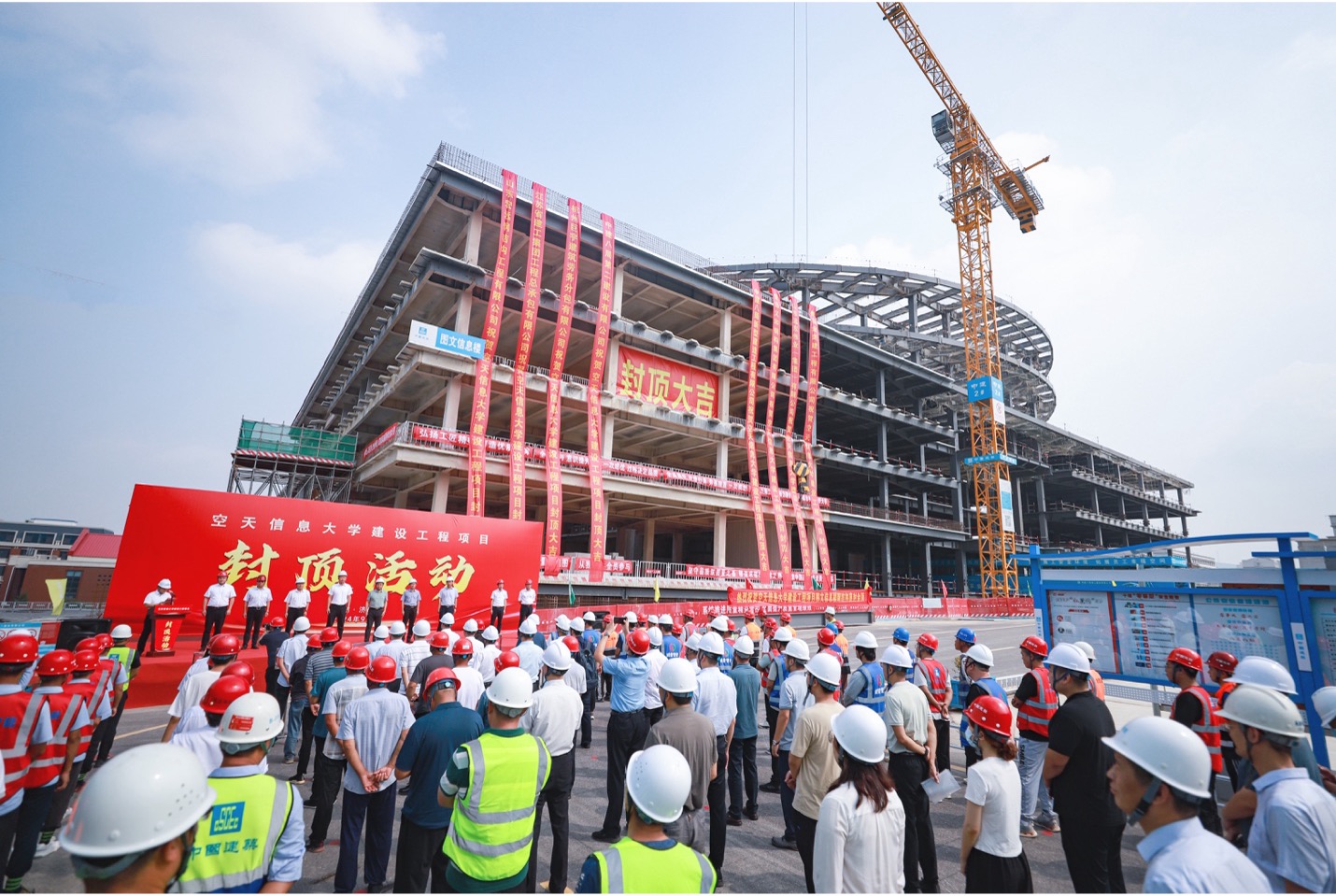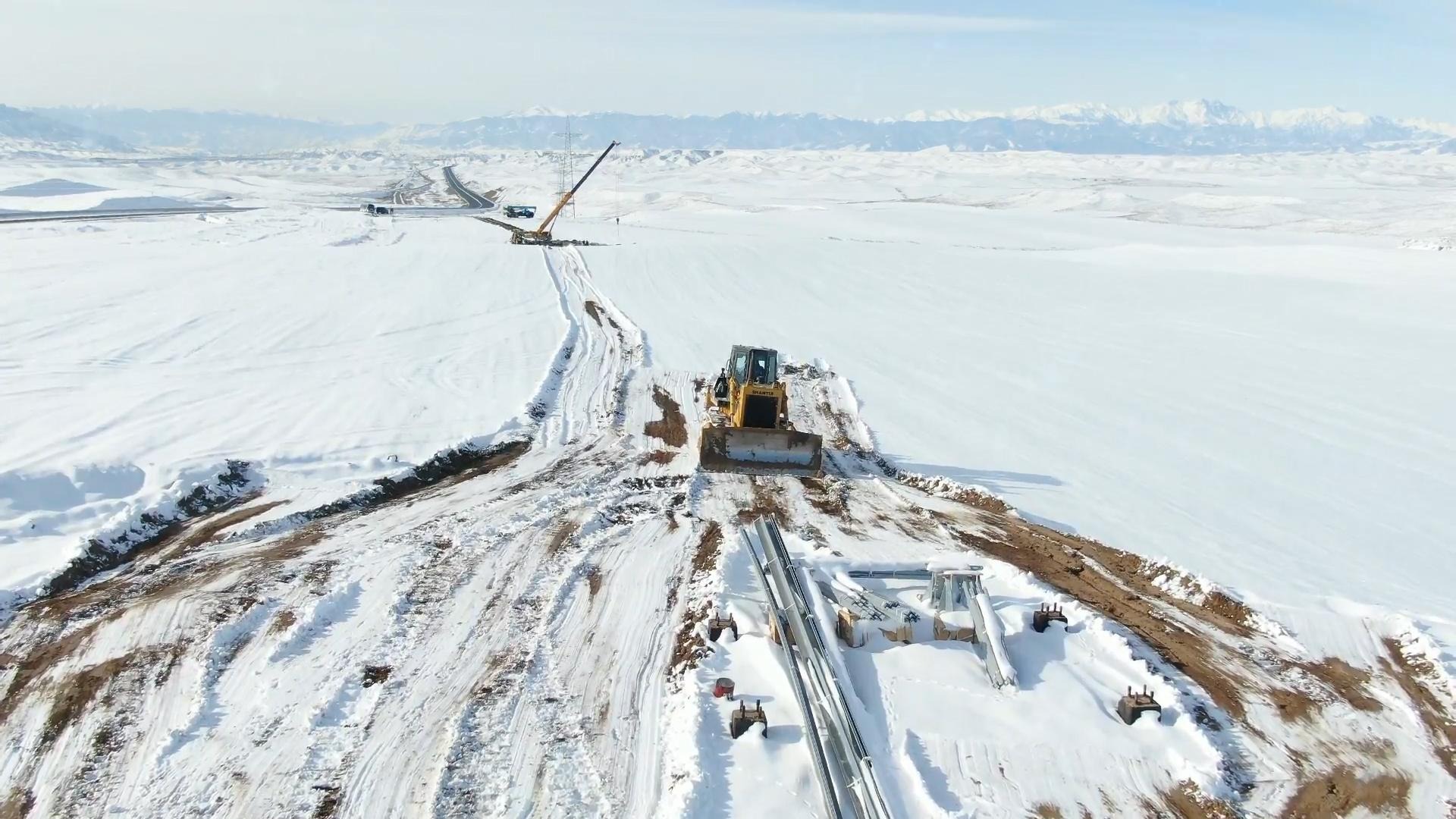Iraqi Military Operation in Diyala Province Risks Renewal of Kurdish-Arab Conflict
Iraqi Military Operation in Diyala Province Risks Renewal of Kurdish-Arab Conflict
As tensions rise between Iraqi Kurds, Arab Sunnis, and Arab Shiites in ethnically mixed Diyala Province during a massive and ongoing military operation by the Iraqi Army, a bombing in the disputed city of Khanaqin threatens to launch the region into new convulsions of violence. On September 13 a powerful improvised explosive device killed nine members of the Kurdish peshmerga militia responsible for security in the city. The dead included Colonel Zulfiqar, the local commander of peshmerga forces (AFP, September 13; Awsat al-Iraq, September 14).
In recent remarks, the exiting commander of the Multinational Forces in Iraq, General David Petraeus, noted the security progress that has begun to stabilize Iraq was “not irreversible” (BBC, September 11). The U.S. general’s remarks came after last month’s unexpected confrontation between the Iraq Army and Kurdish peshmerga forces in Khanaqin. Though Iraq’s security and economy have radically improved since the implementation of the U.S. “surge” strategy, developments in Diyala highlight the danger of a sudden reversion to ethnic and religious bloodshed.
Recently, Diyala has been the focal point of unusual security moves by the government of Prime Minister Nuri Kamal al-Maliki. In mid-August, under the supposed direction of al-Maliki, special counterterrorism forces – known as Emergency Response Units (ERUs) – raided the office of Diyala Governor Raad Rashid al-Mullah, shot and killed his cousin, and commenced a gunfight with local police (Awsat al-Iraq, August 19). The raid’s aim was the arrest of popular Sunni political figure Dr. Hussein al-Zubaidi, who heads Diyala’s security committee. Al-Zubaidi was beaten before being carried away. A Diyala politician responded to his colleague’s detention, saying, “This has sent a bad message to the people of Diyala, that the government in Baghdad is not really going after the outlaws, it’s going after their elected officials” (Fox News, September 6).
But according to an Interior Ministry spokesman, al-Maliki had not authorized the raid, leading the U.S. military to assume it was a “rogue operation.” Sunni politicians in Baghdad question al-Maliki’s ostensible lack of participation. Salim Abdullah al-Juboori, a member of the Iraqi Islamic Party (IIP), believes “such a raid could not have taken place unless Mr. Maliki had at least prior knowledge of it.” With their leadership and attributes strictly classified, the ERUs operate under the control of the Prime Minister’s office. According to a Defense Ministry official, the ERUs normally operate in Baghdad, but shifted operations towards Diyala beginning in July (McClatchy Newspapers, August 22).
The Iraq Army began Operation Bashaer al-Kheir (Promise of Good) on July 29 in cooperation with American forces. The operation is a major offensive consisting of 50,000 soldiers and police aimed at rooting out al-Qaeda and Shiite militias in Diyala province (Awsat al-Iraq, September 5). Local Awakening Council (Sahwa) members complain that the operation is being waged against them – purposely undermining their prospects for a future political role. Government efforts to marginalize the province’s mostly Sunni Sahwa fighters have increased considerably since the operation commenced. Leaders have been arrested or evicted from their posts in an effort to hasten their disbandment.
But the central and potentially explosive issue resulting from the government’s military operation in Diyala was the confrontation at Khanaqin between Kurdish militias and Iraqi forces. An oil-rich city along the Iranian border of the Diyala governorate, Khanaqin is considered one of the “disputed territories” cited in Article 140 of the Iraq Constitution. Article 140 outlines a legal process intended to reverse the “Arabization” campaigns of the former Baathist regime and settle the territorial disputes between the Kurdistan Regional Government (KRG) in Arbil and the federal government in Baghdad. Driven by force from Khanaqin, Iraqi Kurds have been returning to the city since 2003 and now form the majority of the population. The local council has proposed integrating the city with the Kurdistan region, but like the similar cases of Kirkuk and Mosul, a reluctant Shiite-dominated government in Baghdad has delayed finalizing Khanaqin’s status.
In 2005, overwhelming violence in Diyala province led Baghdad to invite Kurdish forces to enter Khanaqin to help stabilize the area and protect its Kurdish inhabitants (Awsat al-Iraq, September 5). Last month, however, under al-Maliki’s authority, the Iraqi Army ordered Kurdish forces to withdraw from Khanaqin within 24 hours (Alsumaria, September 6). Citing direct orders from the KRG, the peshmerga refused and Iraqi troops entered Khanaqin under the pretense of carrying out their province-wide military operation.
To defuse the escalating rhetoric of both sides, the KRG and the federal government came to a temporary agreement calling for a reversion to the status quo, the preference of local authorities. As part of the accord, Kurdish peshmerga forces withdrew from the Khanaqin affiliated districts of Qurat Taba and Jalawlaa (Awsat al-Iraq, September 5). Though ongoing negotiations have yet to settle Khanaqin’s status, Kurdish trust of the Shiite government has suffered considerable and risky damage – arguably reaching the lowest point since 2003.
Kurdish officials expressed suspicion of the government’s reasoning behind sending the army into Khanaqin, since they believe the town had already been pacified under peshmerga supervision. Salar Mahmud, an organizer of the Khanaqin demonstrations, professed: “We think the military crackdown in Diyala province is politically aimed against the will of the Kurdish area residents… These military forces should be deployed to control areas affected by terrorism, not to show their power in front of the Kurdish people” (Kurdish Globe, August 24). However, Iraqi Defense Minister Abdel Qadir al-Ubaidi downplayed the Khanaqin incident, claiming “it was not a crisis but lack of coordination” between Arbil and Baghdad (Awsat al-Iraq, September 10).
Kurdish skeptics point to Baghdad’s inconsistencies. For example, Khanaqin Mayor Muhammad Mullah Hassan claimed, “there is no Al Qaeda in our city” as the local backlash of demonstrations reinforced the public’s unfavorable view of the government’s actions (Kurdish Globe, August 28). Moreover, Kurdish peshmerga constitute an effective and capable armed force – leading many to challenge why Khanaqin was ever part of the wider Bashaer al-Kheir operation. As KRG President Massoud Barzani noted, “Khanaqin is a safe area and it’s a wonder that the Iraqi Army entered it under the pretext of combating terrorism” (Awsat al-Iraq, August 28).
One explanation for the army’s entry into Khanaqin was provided by acting KRG Peshmerga Minister Anwar Hajji Osman, who observed that the operation reflected the government’s aim of controlling Kurdish inhabited areas and disrupting the KRG’s political and military positions (Kurdish Globe, August 28). Such tactics may be directed at weakening the KRG’s influence in Diyala, hoping to marginalize its prospects in the disputed territories before the provincial elections scheduled later this year. This is suggested by the actions witnessed in the Qurat Taba area of Khanaqin, where the Iraq Army raided the headquarters belonging to the Patriotic Union of Kurdistan (PUK), the Kurdistan Democratic Party (KDP), and the Kurdistan Communist Party, as well as taking down the KRG flag (Awsat al-Iraq, August 24). Another accusation was set forth by Sami al-Atroushi, a member of the Kurdistan Islamic Union, who accused the central government of engaging in “political blackmailing” to force the KRG to “give up article 140 of the Iraqi constitution” (Awsat al-Iraq, September 10).
According to a secret report produced by a Kurdish political party, “Al-Maliki has started to undermine the influence of those in the Iraqi military and security commanders who are classified as protégés of the Americans…The freezing of the powers of the Iraqi Army’s chief of staff, Babakir Zebari, is the first indication of this trend” (Gulf News, September 12). Massoud Barzani claimed that the Diyala operation was implemented “behind the back” of General Zebari, a Kurd, who “was not consulted” and whose presence “has become nominal” (Al-Sharq al-Awsat, September 1).
The level of rhetoric surrounding the issue has reached a new and dangerous high. Barzani claimed the new Iraqi Army had “acted exactly like the former army…including the crimes that were committed during Operation Al-Anfal [a reference to Saddam Hussein’s 1986-89 campaign against the Kurds]” (Al-Sharq al-Awsat, September 1). More critically, KRG representative Mullah Bakhtiyar announced: “Kurdish negotiators in Baghdad have opened 99 gates for dialogue and one gate for war,” claiming that if the Iraq government picked “the gate to war, they have been told that if war happens in Khanaqin it will happen in Kirkuk, Mosul, and the other disputed areas” (Kurdish Globe, September 11).
More fallout from the Khanaqin crisis appeared when Kurdish authorities questioned the government’s interest in purchasing 36 F-16 fighter jets from the United States. The motives behind the military buildup had created in Kurds “a justified fear,” linking past atrocities and recent developments in Diyala. When describing the Khanaqin crisis, the KRG’s parliamentary speaker Adnan al-Mufti observed: “If the situation plays out in this way and there is a government or head of the government in the future who thinks of a military solution to impose their will… and if they have F-16s, they may use them” (Reuters, September 10).
Unlike past political disputes, the Khanaqin crisis provides the first incident in which the new Iraq has adopted a formalized military response towards the Kurds. This provocation reinforces Kurdish fears of past attitudes, reactivating the anti-State narrative as Barzani points to a “chauvinist Baathist approach” practiced by some in Baghdad (Al-Sharq al-Awsat, September 1). The rapid deterioration in trust resulting from developments in Diyala increases the risk that the unfolding security dilemma could lead to open conflict and decrease the prospect of disputes being resolved at the political level. As provincial elections approach and pressures to implement Article 140 intensify, the concurrent shift of American forces to secondary responsibilities and the deteriorating situation in Khanaqin may leave Iraq in a vulnerable security position.


